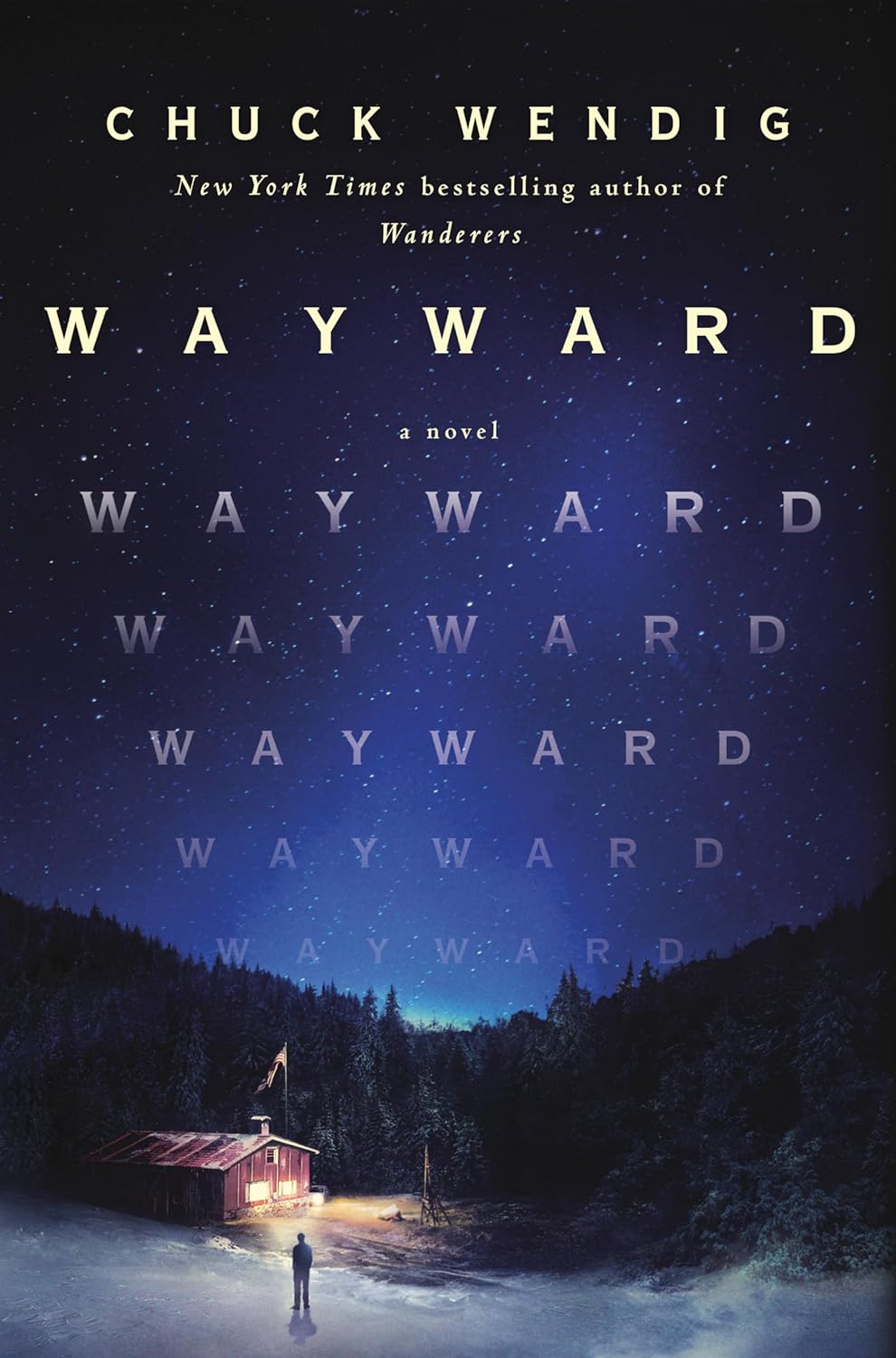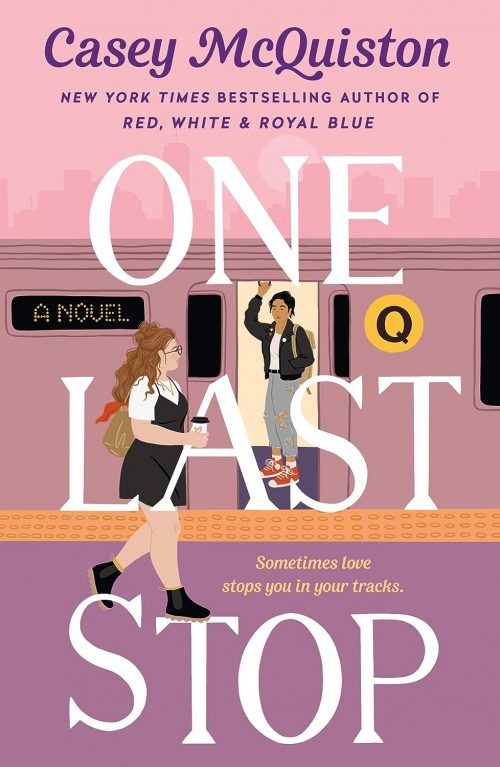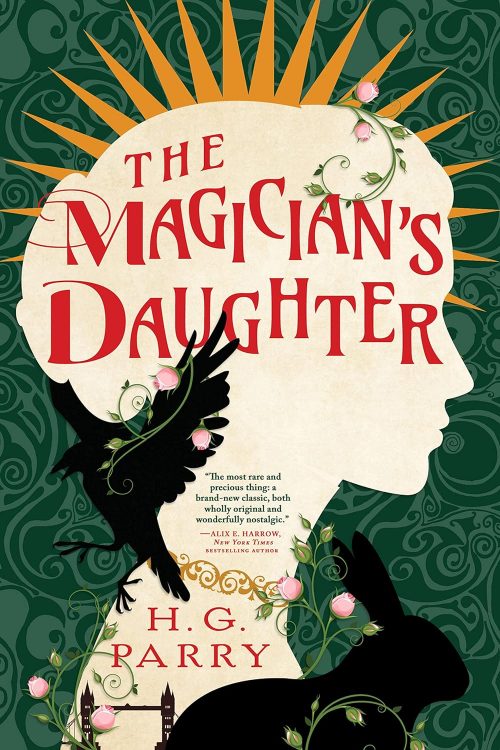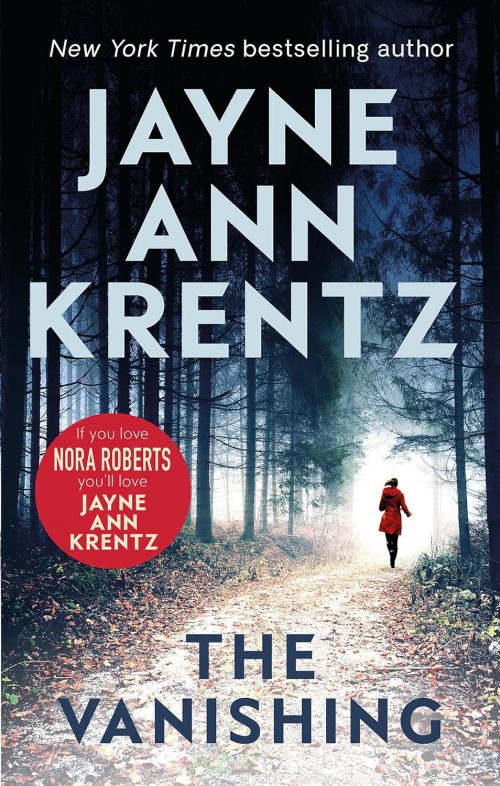Wayward
In “Wayward,” Chuck Wendig probes the resonant theme of human resilience in the aftermath of a cataclysmic event. Following up on the intriguing premise brought forth in his earlier work, Wendig delivers a complex narrative centered around the town of Ouray, Colorado, now a bastion for a new vision of civilization after a mystifying epidemic of sleepwalking.
Wendig artfully constructs a post-apocalyptic scenario where the world is delicately poised on the brink of renewal and destruction. The narrative follows several central characters: Benji the scientist wrestling with the weight of leadership and grief, Marcy the resolute former police officer, and Shana, a teenager who morphed into a shepherd and unexpected hero during the crisis. These characters are vividly drawn, their personal stakes and development illuminating the entire narrative.
Central to Wendig’s tale is the exploration of community and the human spirit under dire circumstances. The novel doesn’t just paint a picture of survival but questions what it means to rebuild and progress. The integration of Black Swan, an A.I. that dreamt up the apocalypse and now envisions its own brand of the new world, adds a layer of compelling speculative fiction, fervently discussing the ever-blurring lines between human intentions and artificial aspirations.
However, where Wendig truly excels is in his portrayal of the antagonistic forces. Led by the self-proclaimed president Ed Creel, these groups bring a palpable sense of urgency and danger, rendering the precariousness of Ouray’s utopia. Wendig adeptly captures the spectrum of humanity, from the noblest to the most vile, crafting a narrative that is as reflective as it is suspenseful.
“Wayward” moves with a balanced pace, deftly weaving multiple viewpoints and subplots without losing sight of the emotional core of the story. The prose is sharp, with a descriptive quality that brings post-apocalyptic America to life in vivid, often poignant detail. Wendig’s dialogue crackles with authenticity, and his mastery in building suspense keeps the pages turning.
Despite its strengths, the novel might feel dense to some, with its wide cast and complex interrelations. Moreover, the grand scope of the narrative sometimes overshadows individual character arcs, which might leave readers wanting more personal closure.
Overall, “Wayward” is an ambitious and thoughtful addition to the genre of post-apocalyptic fiction. Chuck Wendig has sketched a world that is as introspective as it is inventive, grappling with themes of autonomy, governance, and collective survival. This book is recommended for readers who enjoy nuanced character studies framed within the speculative drama of societal reconstruction.









Reviews
There are no reviews yet.